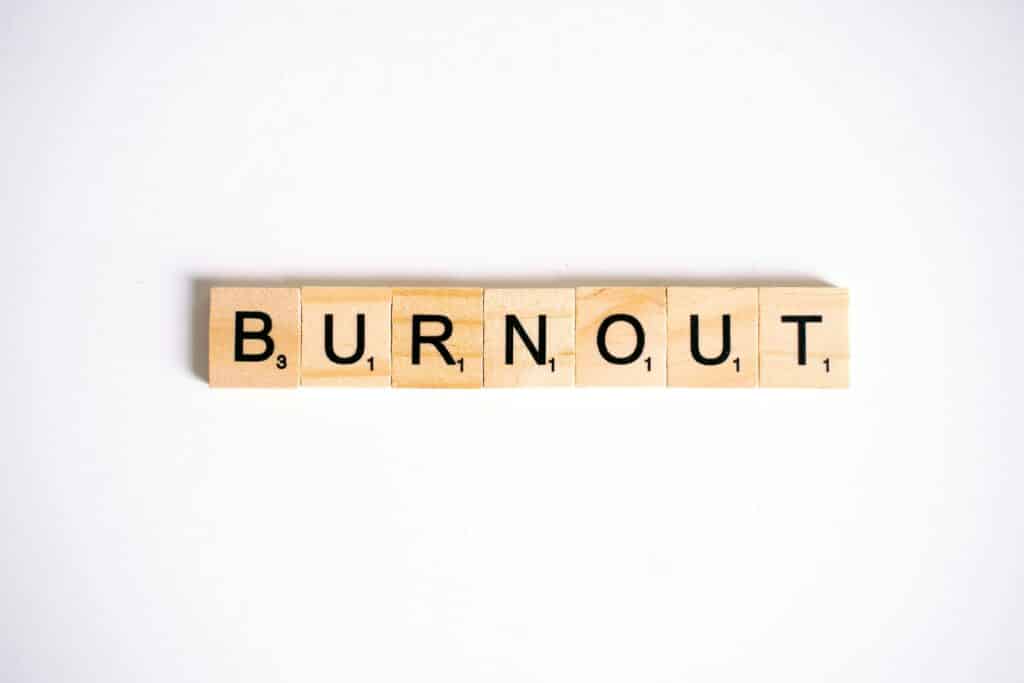Burnout Culture: What Is It and Why Does It Matter?
Burnout culture is when people feel like they must always work, even if it makes them tired or sick. This kind of culture often shows up in schools, jobs, and even in the home. People might think working more means being better. But that’s not always true. Working too much can lead to chronic stress, fatigue, and even health problems.
This phenomenon isn’t just a feeling. It’s a real problem that many people face every day. It affects how we think, how we feel, and how we treat others. Emotional exhaustion can take over our lives and make even small tasks feel hard.
Let’s explore what causes burnout, who it affects, and what we can do to stop it.

Nashville Mental Health
The Roots of Burnout Culture
Where does burnout culture come from? It starts with how we think about work ethic. Many people believe being a “workaholic” is a good thing. They think being busy all the time means they are strong, smart, or successful.
But this kind of attitude can become dangerous. It puts too much pressure on people to always do more, even when they are tired. The World Health Organization says occupational stress is a top cause of illness and unhappiness in the workplace.
In many jobs, especially after the pandemic, people work longer hours, take fewer vacations, and get less sleep. This has led to rising statistics of employee turnover, absenteeism, and low job satisfaction.

Who Gets Burned Out?
Anyone can feel burned out. But some people are more at risk. Let’s look at who:
- Millennials and Generation Z workers often feel the need to “prove” themselves, especially in jobs with tough leadership or no clear goal.
- Workers in health care, like the emergency department, face nonstop emotional and physical stress.
- Jobs with low autonomy (freedom) and too much micromanagement can make workers feel powerless.
- People in toxic workplaces with unfair bias, poor communication, or low empathy often report burnout.
Women, in particular, may also face gender pressures and extra community or family care duties, increasing their risk.
Signs of Burnout
Burnout doesn’t just happen overnight. It builds up slowly. Here are some signs to watch for:
- Feeling tired all the time, even after sleep
- Getting sick more often or needing more sick leave
- Having a bad attitude or cynicism about work
- Losing motivation and creativity
- Feeling irritation or sadness often
- Trouble focusing or paying attention
- Not feeling like yourself
It’s not just in your mind—your brain and body feel burnout too.
Why Burnout Culture Keeps Growing
Many organizations still reward overwork. They praise workers who skip breaks, answer emails at night, and never take time off. This creates a harmful organizational culture where burnout spreads fast.
Some companies lack feedback or don’t value employee engagement. Others don’t offer strong health insurance or stress management programs. Without care for employee wellbeing, burnout gets worse.
The correlation between poor management and burnout is strong. Leaders who fail to listen or show understanding often lose their best people.
Even chief executive officers and those in human resources can experience burnout if the workplace doesn’t support them.
The Cost of Burnout
Burnout doesn’t just hurt people—it hurts organizations too. Here’s how:
- High turnover and absenteeism cost money
- Low productivity affects company finance
- Bad behavior leads to unhappy teams and poor teamwork
- Less innovation and more mistakes in patient or customer care
- Poor ethics when people are too tired to make good choices
Burnout isn’t just a personal issue. It’s a workplace emergency.
Fixing Burnout Culture
The good news is that we can fight back. Here’s how:
1. Change the Culture
Start by changing how we talk about work. Hard work is good, but rest is just as important. Leaders must model healthy behaviors, like taking vacation, sleeping well, and respecting work-life balance.
2. Build Empathy and Understanding
Leadership should show empathy and listen to their teams. People want to feel heard and valued. Regular check-ins, feedback, and respect help a lot.
3. Offer Better Support
Provide access to mental health help, health insurance, and time off. Make sure people know it’s okay to take breaks. Offer stress relief tools like meditation, exercise breaks, or even workplace naps.
4. Allow Flexibility
Let people work remote when possible or choose their own hours. Giving workers more autonomy boosts their confidence and lowers stress.
Nashville Mental Health
5. Measure and Share Data
Use data and research to see where burnout happens most. Then take steps to fix it. Create a company newsletter to talk about changes, share tips, and build community.
What You Can Do if You’re Burned Out
If you’re feeling burned out, you’re not alone. Here’s what you can try:
- Talk to your boss or employer about how you feel
- Take breaks during the day—even 5 minutes helps
- Use your sick leave or vacation time
- Connect with your community or loved ones
- Try journaling your emotions and feelings
- Sleep more and eat healthy foods
- Ask your doctor or therapist for help if needed
Taking care of yourself isn’t lazy—it’s smart.
Burnout and Ethics
It’s important to know that burnout doesn’t just affect performance—it can also hurt our ethics. When people are too tired to think clearly, they may make poor choices, forget important steps, or ignore rules.
This is a big risk in places like hospitals, schools, and public service jobs. It’s a patient safety issue and a human one.
The Role of Organizational Behavior
Changing burnout culture means changing how we treat people. This involves improving organizational behavior at all levels—from management to entry-level staff. It means building a safe, fair, and supportive space for everyone.
Empowerment is key. When people feel strong and supported, they do better. They’re happier, healthier, and more motivated.
Burnout Culture and the Future
Burnout culture won’t change overnight, but step by step, we can make it better. Whether you’re a student, teacher, nurse, designer, or executive, you deserve a life that balances goal setting with real rest.
The future of work should focus on employee wellbeing, smart behavior, and healthy systems—not just busyness.

FAQs
1. What is burnout culture?
Burnout culture is the idea that working nonstop is good. It makes people feel like they must always be productive, even when they are tired or sick.
2. How do I know if I’m burned out?
If you’re always tired, easily upset, or can’t focus, you might be burned out. You may also feel sad, hopeless, or like you don’t care about work anymore.
3. Can burnout hurt my health?
Yes. Burnout can cause stress, sleep problems, low energy, and even sickness. It can also affect your brain and emotions.
4. Why do companies allow burnout culture?
Some companies think more work means better work. They may not know burnout hurts people and costs money through poor performance and high turnover.
Nashville Mental Health
5. How can we stop burnout culture?
We can stop it by changing how we talk about work, showing empathy, taking breaks, and building healthy workplaces where people feel safe and supported.
If you’re feeling the effects of burnout culture, remember: you’re not alone—and it’s okay to slow down. The best workers aren’t the busiest—they’re the ones who know how to rest, recover, and come back stronger. Contact us or visit SAMHSA for more information.









